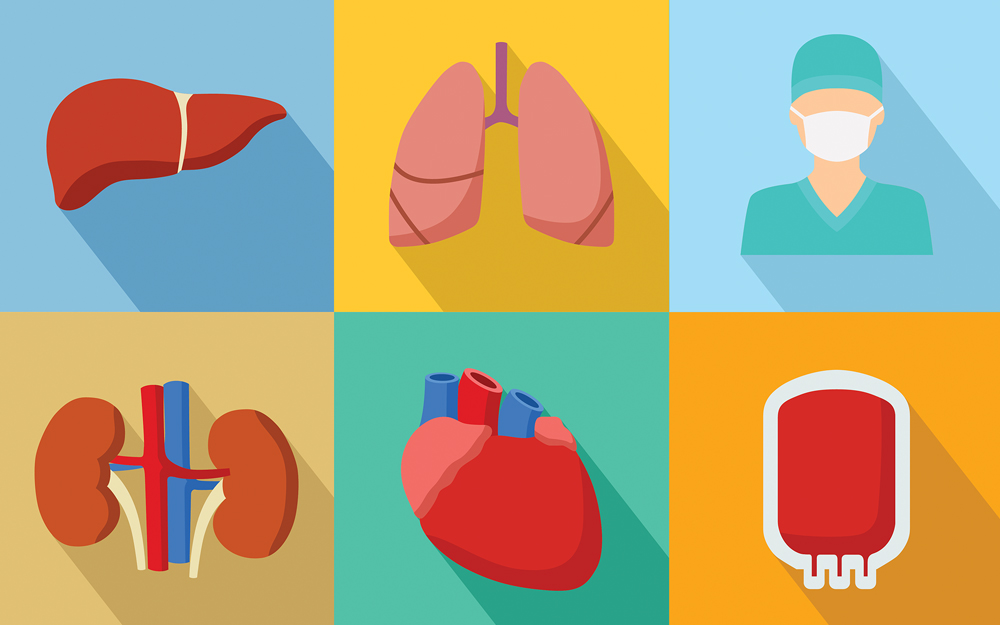


All people should consider themselves potential organ and tissue donors—regardless of age, health, race, or ethnicity. Don’t rule yourself out! No one is too old or too young to be a deceased donor and most major religions support donation.
Here are some of the most commonly asked questions related to organ donation eligibility.
What if I have a health condition?
Even with an illness or a health condition, you may be able to donate your organs and/or tissues upon death. If the situation arises upon death, doctors will examine your organs and determine whether they are suitable for donation. Only few conditions would absolutely prevent a person from becoming a donor—such as active cancer or a systemic infection.
At what age can someone become a donor?
Newborns and senior citizens into their 90s have been organ donors. The health of your organs is more important than your age.
Does my religion support donation?
The act of organ donation enjoys broad support among many religions in the United States. Some major religions have released official statements or policies about donation.
Religious Views on Organ Donation >
Can I be a living donor?
Although most donations come from deceased donors, a few organs (a kidney, part of a liver, lung, pancreas, or intestine, and some tissues) can be donated by living donors. Living donors most frequently donate a kidney.
Who Can Sign Up as a Donor?
Because so few people who sign up can actually become donors, we hope everyone will register, so we can save more lives. Here are guidelines about registration.
Over 18. All people age 18 and older can register to be an organ, eye, and tissue donor. You can choose what you wish to donate, and you can change your status at any time.
Under 18. In many states, people younger than 18 can also register, although their families will have the final say if the occasion arises for donation before they turn 18.
